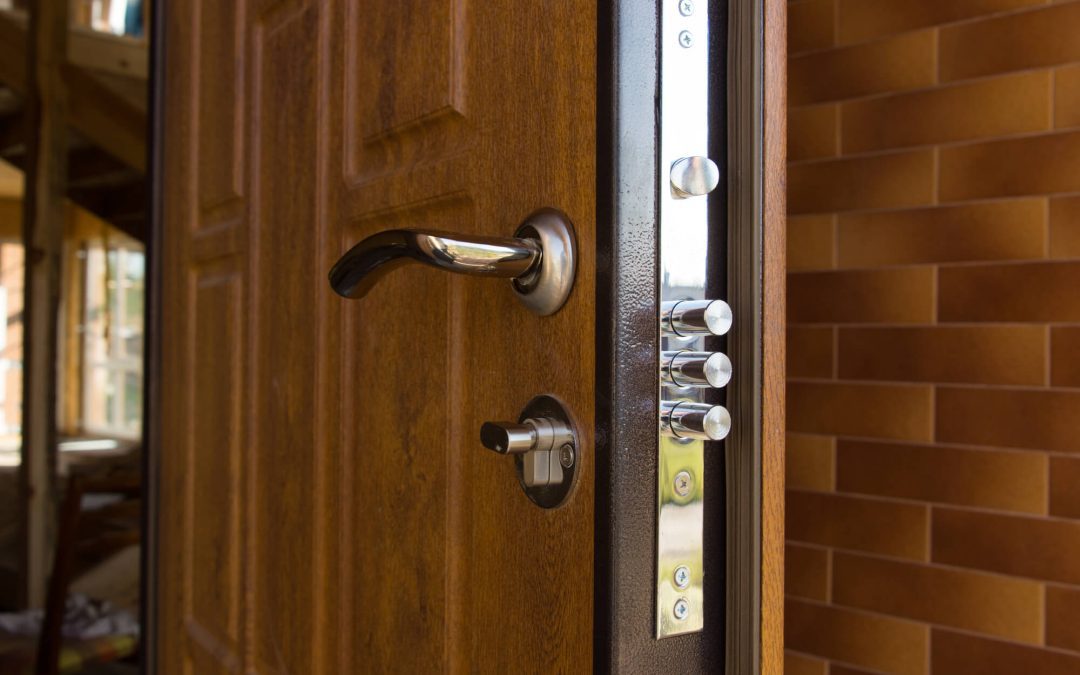Bolstering security measures is a paramount concern for homeowners. Protecting your family and belongings requires a comprehensive approach that addresses vulnerabilities and implements robust solutions. Here are some practical steps to improve home security and enjoy peace of mind.
1. Assess Vulnerabilities to Improve Home Security
Begin by conducting a thorough assessment of your home’s security weaknesses. Walk around your property and identify potential entry points such as doors, windows, and garage openings. Look for areas that are poorly lit or obscured from view. Understanding these weak spots is crucial for devising an effective security strategy.
2. Invest in Quality Locks and Deadbolts
Upgrading your locks is one of the simplest yet most effective ways to enhance security. Opt for high-quality deadbolts for exterior doors, which offer superior resistance to forced entry. Consider smart locks with features like keyless entry and remote access for added convenience and control.
3. Illuminate Your Property to Improve Home Security
Adequate lighting can deter intruders by eliminating hiding spots and making your home more visible from the street. Install motion-sensor lights around the perimeter of your property, particularly near entry points and dark corners. Additionally, consider utilizing smart lighting systems that allow you to control lights remotely or set automated schedules.
4. Install Security Cameras
Modern security camera systems provide invaluable surveillance capabilities, allowing you to monitor your home both indoors and outdoors. Place cameras strategically to cover key areas such as entryways, driveways, and backyard perimeters. Opt for cameras with features like high-resolution video, night vision, and motion detection for optimal effectiveness.
5. Implement Alarm Systems
A reliable alarm system is a powerful deterrent against intrusion and provides immediate alerts in the event of a security breach. Choose a comprehensive system with door and window sensors, motion detectors, and loud alarms. Many modern alarm systems also offer connectivity to mobile devices, enabling remote monitoring and control.
6. Secure Windows and Sliding Doors
Windows and sliding glass doors are common points of entry for burglars. Reinforce them with sturdy locks, shatterproof glass, or security film to prevent forced entry. Consider installing window sensors as part of your alarm system to detect unauthorized opening.
7. Maintain Your Landscape to Improve Home Security
Overgrown bushes and trees can provide cover for would-be intruders. Keep your landscaping well-trimmed, especially around windows and doors. Consider planting thorny bushes or installing prickly hedges near vulnerable areas to discourage trespassing.
8. Practice Online Security
Be mindful of what you share on social media platforms and in public spaces. Avoid broadcasting vacation plans or posting photos that reveal details about your home’s layout or security measures. Exercise caution when discussing sensitive information, as oversharing can inadvertently compromise your security.
9. Neighborhood Watch and Community Engagement
Establishing strong ties with your neighbors and participating in neighborhood watch programs can significantly enhance security. Look out for each other, share information about suspicious activities, and collaborate on initiatives to improve safety within your community.
10. Seek Professional Guidance
If you’re unsure about the most effective security measures for your home, consider consulting with security professionals or home security companies. They can assess your specific needs and recommend tailored solutions based on industry best practices and the latest technology.
By implementing these practical measures and adopting a proactive mindset, you can significantly improve the security of your home and safeguard your loved ones and possessions against potential threats. Remember, investing in home security is an investment in peace of mind, providing you with the confidence to rest easy knowing that your home is well-protected.
Home Security FAQs
How often should I test and update my home security system?
It’s recommended to test your home security system regularly, at least once a month, to ensure all components are functioning correctly. Additionally, keep your system up to date by installing software updates and replacing batteries in sensors and detectors as needed. Regular maintenance helps ensure your system remains effective in protecting your home.
Can I integrate my home security system with other smart home devices?
Many modern home security systems integrate with smart home devices like smart locks, thermostats, and lighting systems. This integration allows for enhanced automation and control, such as remotely arming your security system or adjusting thermostat settings.
Are there any privacy concerns with home security cameras?
Yes, privacy concerns can arise, especially with outdoor cameras that may capture footage beyond your property boundaries. It’s essential to position cameras thoughtfully, avoid recording areas where privacy is expected (e.g., neighbors’ windows), and comply with local laws regarding surveillance.
How effective are security cameras in deterring crime?
Security cameras can be highly effective deterrents against burglary and vandalism. Visible cameras act as a deterrent, while hidden cameras can help identify perpetrators in case of a crime.
HomeSource Inspections provides professional home inspections for customers in Northern Indiana and Southwest Michigan. Contact us to request our services.

